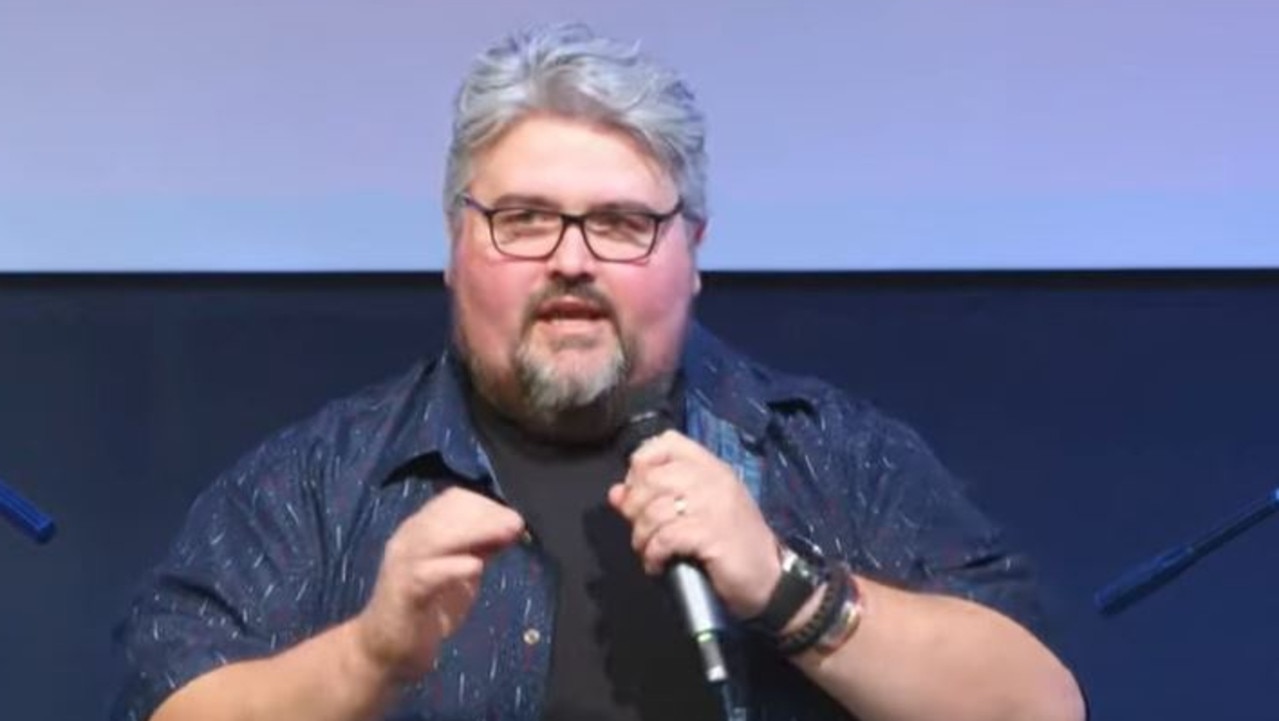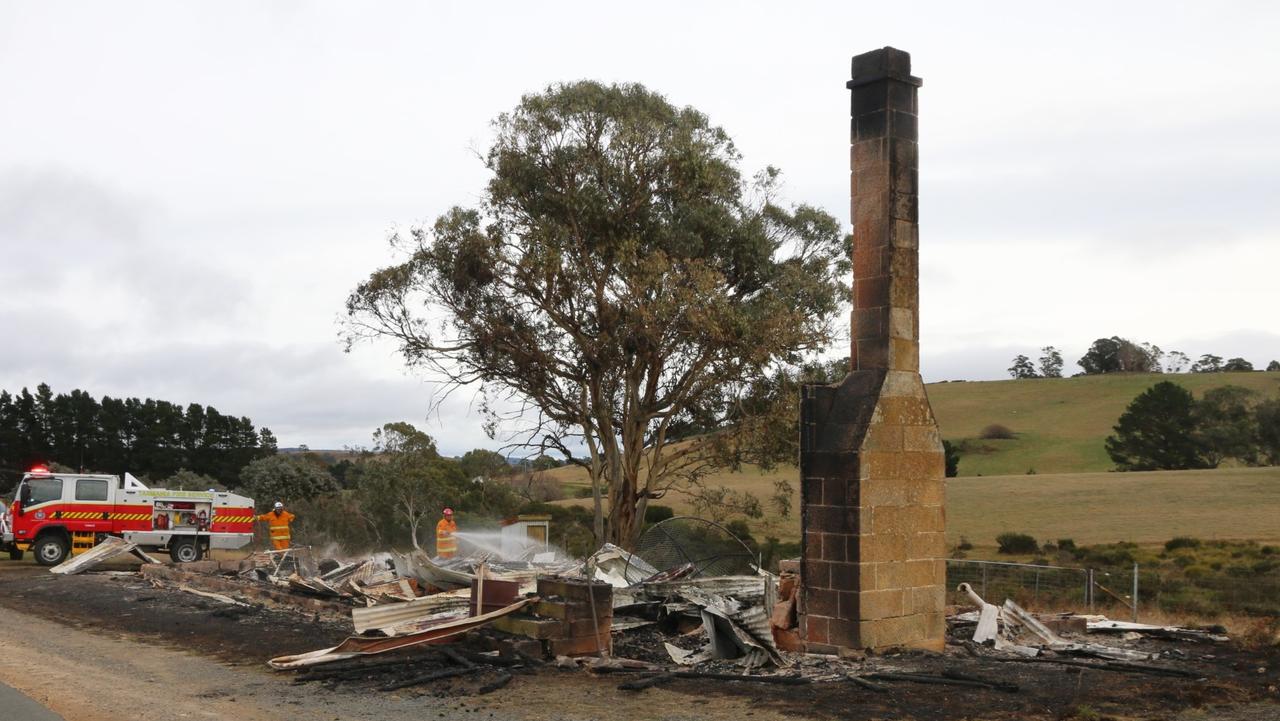Troubled and historic Willow Court at New Norfolk recognised as international site of conscience
Following global recognition of one of Tasmania’s most historic sites, the local council — who are responsible for Willow Court — says it’s time for the state government to step up.
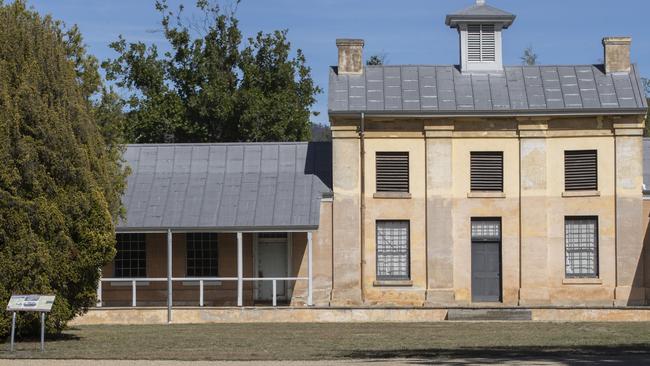
Tasmania
Don't miss out on the headlines from Tasmania. Followed categories will be added to My News.
The Tasmanian government is under renewed pressure from the Derwent Valley mayor and Greens to take over the historic Willow Court precinct at New Norfolk.
The site dates back to 1827 and has just been recognised globally with the International Coalition of Sites of Conscience accepting the Willow Court Heritage Site Inc as a member.
In light of global recognition by the Mayor Michelle Dracoulis said the local council did not have capacity to manage the site which predates Port Arthur.
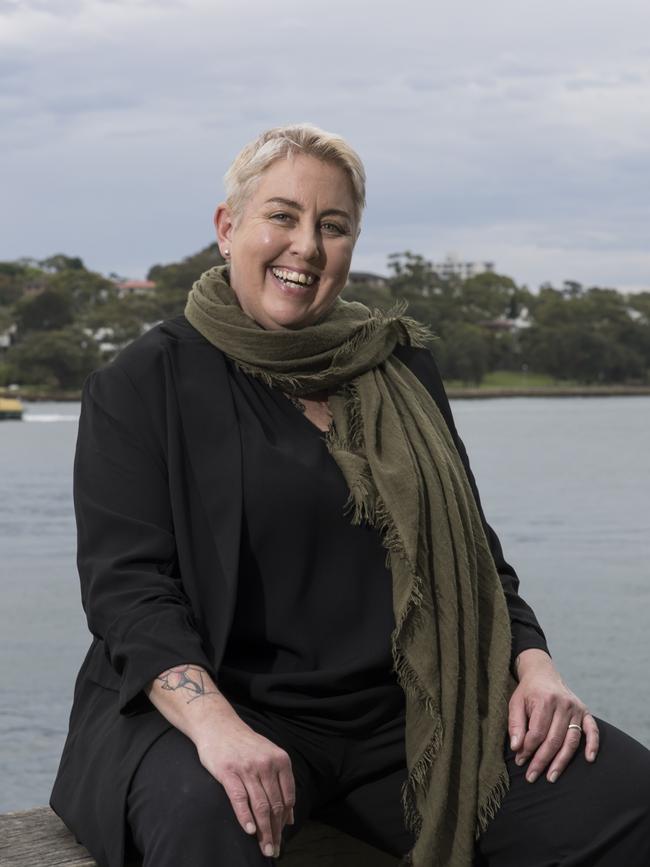
“It’s wonderful to see this recognition of Willow Court and acknowledgment of the experiences had by people there,” she said.
“We need to have a feasibility study funded by the state government, with consideration as to the site, going back to state ownership and management because it’s beyond the remit and capacity of a small regional council to manage such a significant site.
“Now that it’s been acknowledged as being a site of global significance, it’s something that really should be managed at that higher level.”
Ms Dracoulis said the council had been responsible for the site since it closed 24 years ago and “if anything was going to happen with it would have by now”.
Greens member for Lyons Tabatha Badger said Willow Court was one of Australia’s most important historical sites “with many layers of heritage, human rights and social significance”.
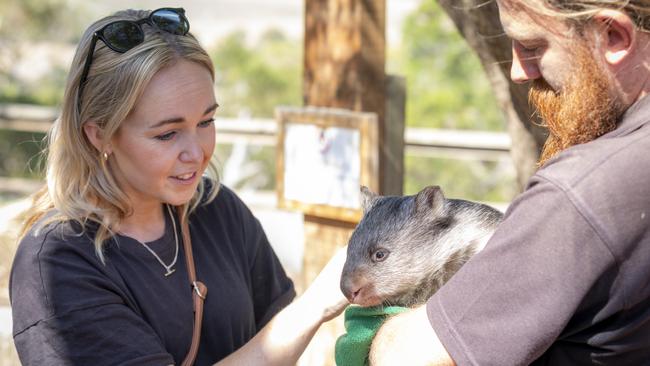
“This globally significant recognition requires both the state and federal government to finally come to the table with the necessary funding for site preservation,” Ms Badger said.
“For too long state and federal governments have sat by as Willow Court has fallen into further disrepair and vandalised.
“The size and significance of this site is beyond the realistic management of the council, and a serious discussion for future management must be had.”
Ms Badger said with global attention on Willow Court funding must be secured to remediate the site.
Heritage Minister Madeleine Ogilvie said the Willow Court precinct was “an important part of our history” and was located on Tasmania’s heritage register and protected under the Historic Cultural Heritage Act 1995.
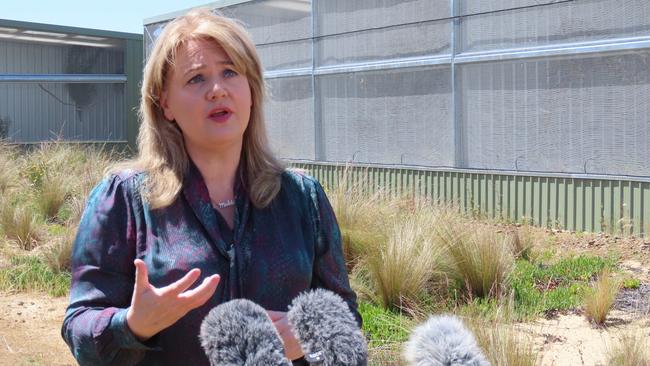
“The state government is proud to have supported the precinct with several grants to conserve and activate the site, including funding for general restoration, interpretative signage and repurpose of the nurses’ quarters into boutique accommodation, in accordance with the Derwent Valley Council’s strategic planning to activate the site,” Ms Ogilvie said.
“Ultimately, investment and commercial decisions relating to Willow Court remain as matters for the Derwent Valley Council.”
Willow Court was established for chronically ill convicts and eventually housed the Royal Derwent Hospital, which had more than 1000 beds and treated people with mental ill-health and intellectual disability until it was closed in 2000.
Historic Willow Court receives international recognition
One of Tasmania’s most important historic sites — Willow Court at New Norfolk which predates Port Arthur — has been recognised internationally alongside a concentration camp in Europe, a Gulag museum in Russia and a 200 year old slave house in Africa.
The US-based International Coalition of Sites of Conscience has accepted as a member organisation, the Willow Court Heritage Site Inc (WCHSI) and provided a letter of support inviting the state government to acknowledge the membership.
Willow Court was established in 1827 for chronically ill convicts and eventually housed the Royal Derwent Hospital, which had more than 1000 beds and treated people with mental ill-
health and intellectual disability until it was closed in 2000.
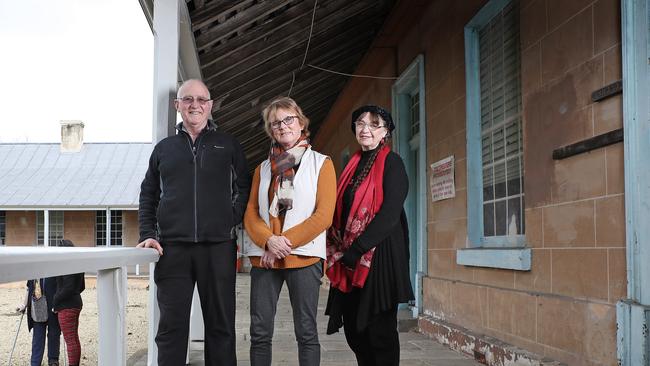
Anne Salt, a former Royal Derwent Hospital mothercraft nurse who also discovered a young family member on the children’s ward, hailed the international recognition for the site.
“It’s validation of the work we have been doing for well over a decade to bring to national and global attention the importance of this history of intellectual disability and mental health treatment in Australia,” she said.
“We’ve already been provided with toolkits for doing oral histories. We’ve been linked up with other organisations around the world and the other three that are in Australia.”
The Willow Court precinct, which has been subject to vandalism, was too big a responsibility for the Derwent Valley Council, Ms Salt said.
“The history of this site is intrinsically linked to that of the history of Port Arthur, the Female Factory, the Orphan School, and it should come under the auspices of independent management that can bring this site to life to the same extent as Port Arthur and the Female Factory.”
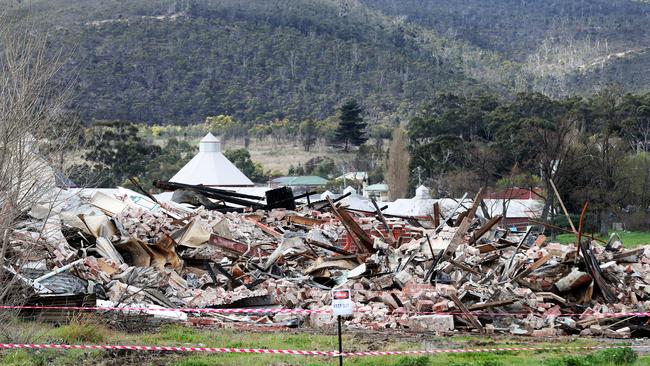
Ms Salt said the history of Willow Court was now seen in a global context alongside many other sites around the world that had troubled and difficult histories.
Carleen Paul, who was in Royal Derwent for seven years as a teenager and is on the board of management of WCHSI, said it was important to remember the many people who had lived there.
“Their stories need to be told and their history understood,” she said.
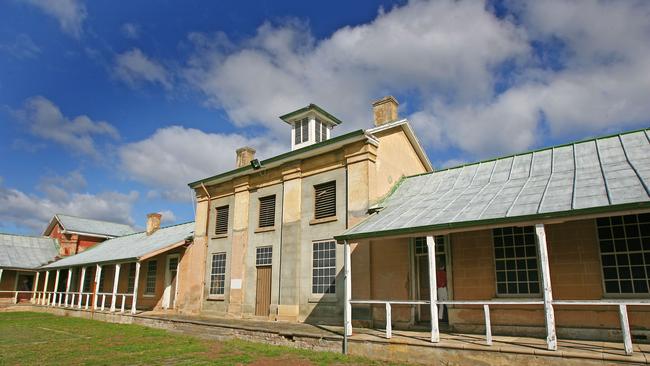
WCHSI chair, John Grant, said the International Coalition of Sites of Conscience was a global network of museums, historic sites and grassroots initiatives dedicated to building a more just and peaceful future by remembering struggles for human rights and addressing their modern repercussions.
“A Site of Conscience is a place of memory – such as a historic site, place-based museum or memorial – that prevents this erasure from happening in order to ensure a more just and humane future,” he said.
“Not only do Sites of Conscience provide safe spaces to remember and preserve even the most traumatic memories, but they enable their visitors to make connections between the past and related contemporary human rights issues.”
The Sites of Conscience group has members in 70 countries.


